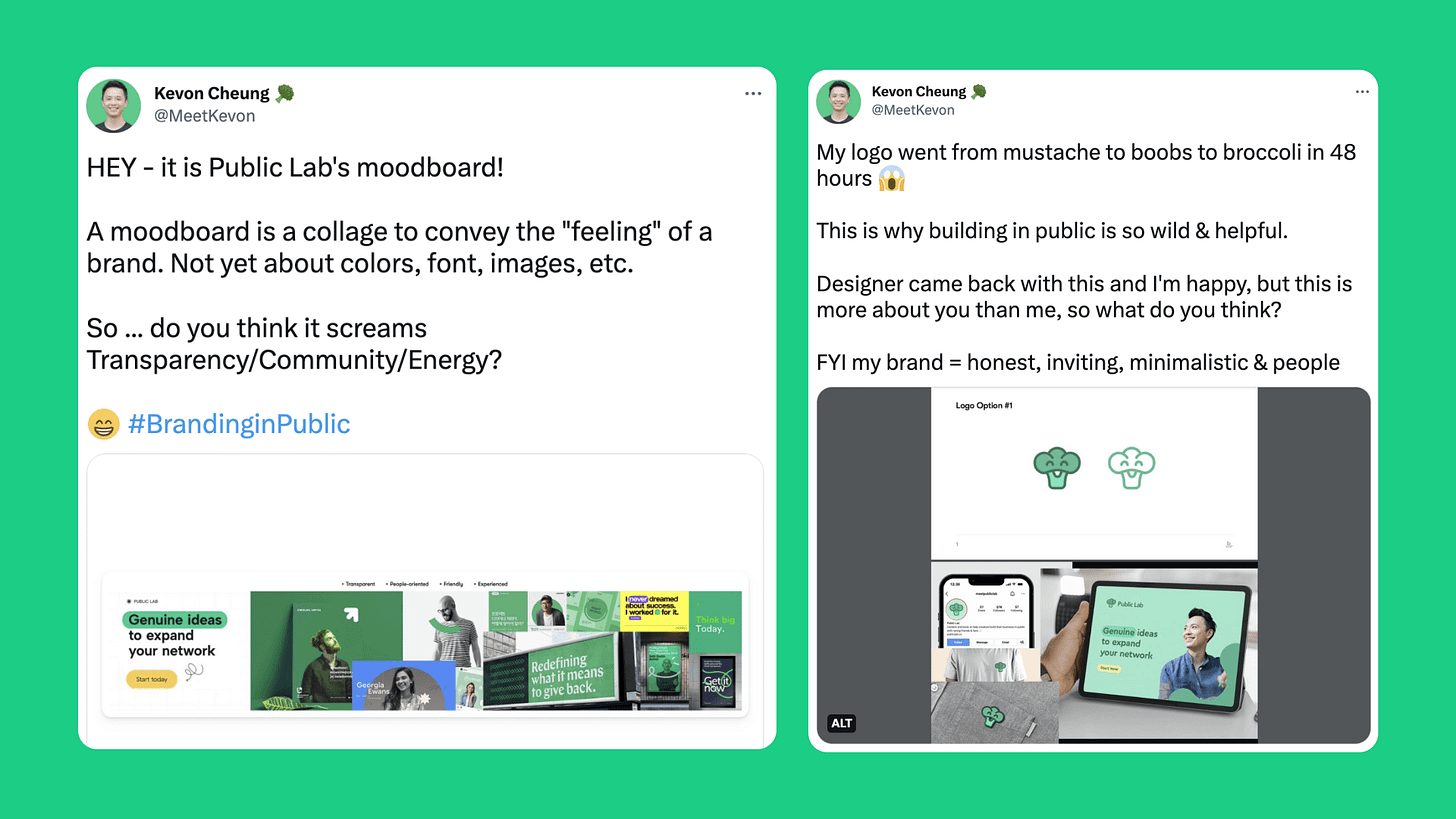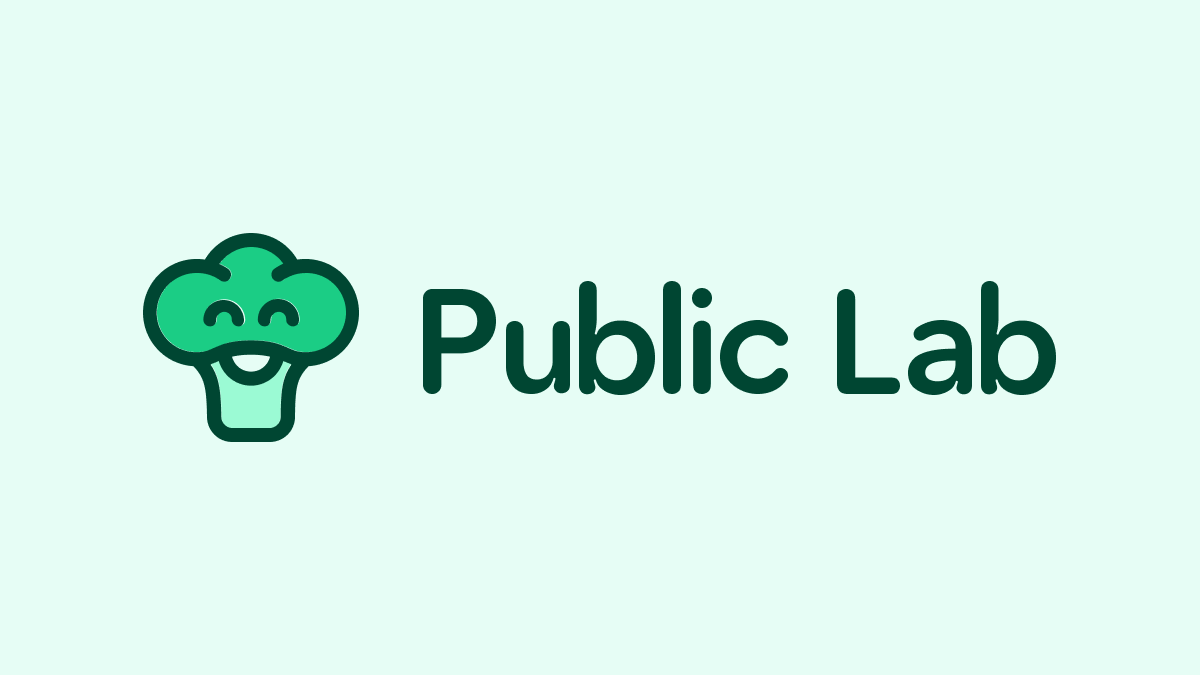The premium touch in AI era
When AI creates and consumes everything for us, how can we still stand out?
Lately, I’ve been slowing down. Reading more, thinking more, and following my curiosities.
One area that keeps drawing me in is how we learn, especially children's learning. Maybe it’s because I didn’t have much of it myself. My parents worked incredibly hard to give my sisters and me a good life. But since they weren’t educated, I never read any books outside school, never played board games at home, and never had an environment to discover new things in my childhood.
Maybe that’s why, as a dad now, I spend so much time helping my two daughters learn and explore.
This desire led me to wonder about the future, but where to start? I wanted to start with imagination (something I honestly think I lack of), then see how I can reverse it to solve current problems in learning.
So I picked up AI 2041 by Kai-Fu Lee. I was recommended because Lee partnered with a storyteller to share his AI insights in a fictional way. I’m not a big fiction fan (no wonder I lack imagination), but 10% in, I already feel like I’m glimpsing the future.
So many new ideas have already surfaced.
One idea that stuck with me is the role of humans and AI. I feel that AI won’t just create, it’ll consume too. But that doesn’t mean humans will just take a backseat and do nothing. From what I see:
Human will = premium.
I can picture a future with AI doctors handling basic cases like the flu or a sore throat, while human doctors focus on edge cases that require deep insight. Or AI tutors guiding students through standard content, while premium tutors specialize in tailored techniques.
And in my world of content and education, AI will handle all the work behind the scenes, but the last and most important part of showing up, that will still be a human being. This person becomes the anchor, taking in information, processing it, and expressing it with flavors.
It is sort of happening right? The biggest creators all work this way! A lot more entrepreneurs are showing up themselves to scale their business. I think it will become the default way for everyone of us.
That also made me reflect on the kind of content that draws people in, especially as we move deeper into the AI era.
A few years ago, when AI wasn’t here, I felt fine posting quick opinions or thoughts on a text platform like Twitter/X. But now? This format didn’t work anymore. I can just tell from my own behavior consuming things now.
If it is a short text post that anyone can copy and paste and still sound like they wrote it, then it is the kind of content that makes me go, “Ugh, not again.”
So what’s missing there?
I looked at what I stopped to read in the last few days - short and long posts with someone sharing a story: what they were doing, what they were feeling, what they were figuring out.
There was an action in real life, then there was a post recapping it.
But I also realized that if it’s from someone I already have a connection with, I’m more likely to read it. For a new person to catch my attention, it has to take one thoughtful post with some kind of stories and real reflections.
Reflecting on this helped me see something clearly:
Stories are the most essential part of all content
If your post doesn’t anchor an action in real life, it sucks 99% of the time
It’s harder to show real stories in pure text. Reels/Shorts work when there are lots of b-roll shots, meaning “an action in real life is shown.”
Short text content has no edge
And that helps me come full circle.
A year ago, I got frustrated with “building in public”. I felt like the topic was getting stale. So I rebranded and expanded my coverage of topics.
But now it is so clear to me that storytelling is more important than ever. Building in public is exactly about “making an action in real life, then creating a story around it so more people know.”

How do I know? Summer’s around the corner, and my wife and I have been talking about what summer camps to enroll our daughters in. The topics that connect to storytelling are right at the top of our list.
I’m also working with a client right now on developing his storytelling muscle. And I can see firsthand how hard it is for most people. The hardest part is not crafting the story, but noticing that they have so many story seeds each day. My conviction is that a lot of people can’t even capture their own stories in their day-to-day.
All of these are telling me the same thing …
Last Monday morning, I woke up at 5:30 AM and couldn’t fall back asleep. I opened my laptop and changed everything back to Public Lab.
Sorry Small School (the new brand). After 12 months, you now have to go!
Hi Public Lab, you’re back!
I decided it’s time to focus again. To go deeper into the storytelling side of building in public. I wonder if there are fun and easy ways to help people draw their stories out.
I don’t know exactly where this will lead me. But I’m excited to explore it. And I’ll be sharing more as I go.




![Book Corner: “AI 2041 – Ten Visions for Our Future” by Kai-Fu Lee and Qiufan Chen [English] / up2date – Das Onlinemagazin der Universität Bremen – University of Bremen Online Magazine Book Corner: “AI 2041 – Ten Visions for Our Future” by Kai-Fu Lee and Qiufan Chen [English] / up2date – Das Onlinemagazin der Universität Bremen – University of Bremen Online Magazine](https://substackcdn.com/image/fetch/w_1456,c_limit,f_auto,q_auto:good,fl_progressive:steep/https%3A%2F%2Fsubstack-post-media.s3.amazonaws.com%2Fpublic%2Fimages%2F8d023130-46b9-4021-82f8-eb5b60184519_1300x975.jpeg)

I totally agree with your takeaway. It’s nice in some ways because I enjoy being real without having to filter for the algo or formal lessons. But for a lot of people the off the cuff storytelling is pretty challenging, partially I think because of what you highlighted. People are not necessarily trained to talk about themselves and what’s happening in their lives.
I agree you with that storytelling is hard! But also makes each of us unique, I'm glad you've come full circle and figured out your next step kevon! Lately I've gone back to reading kor fiction and less non-fiction, it's been a refreshing change